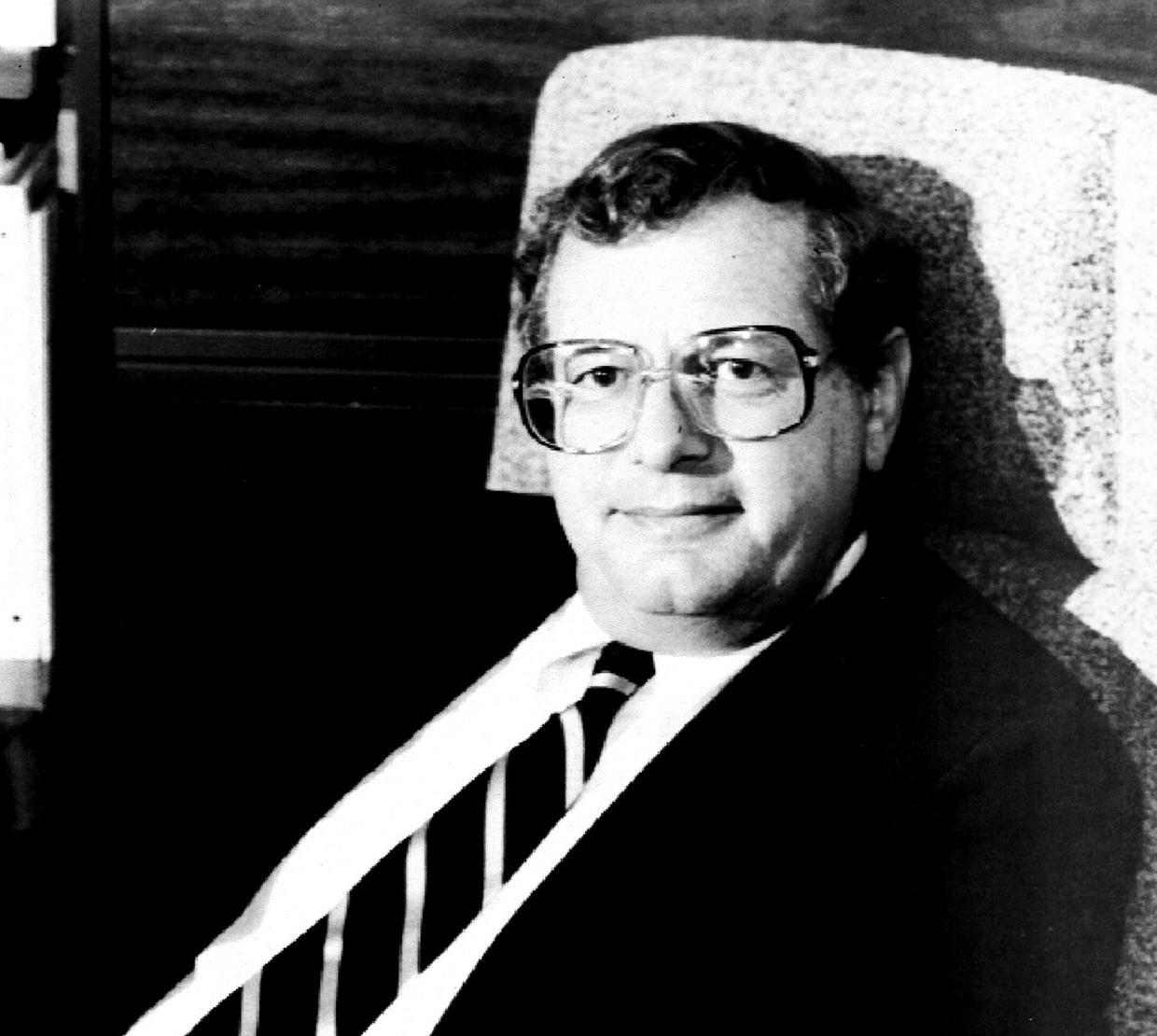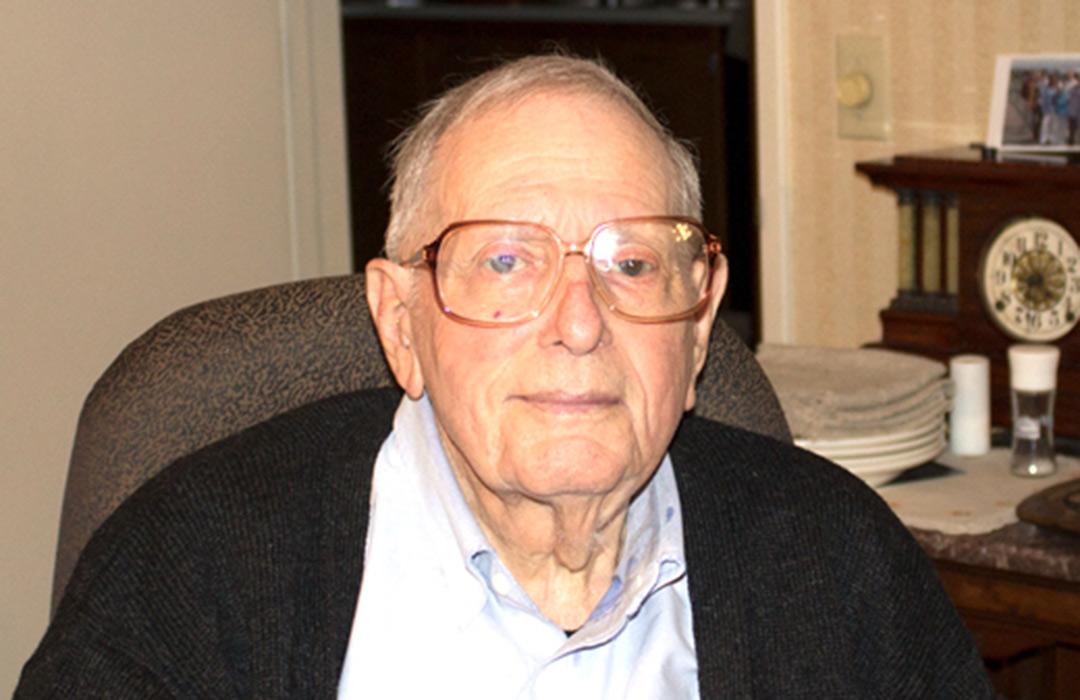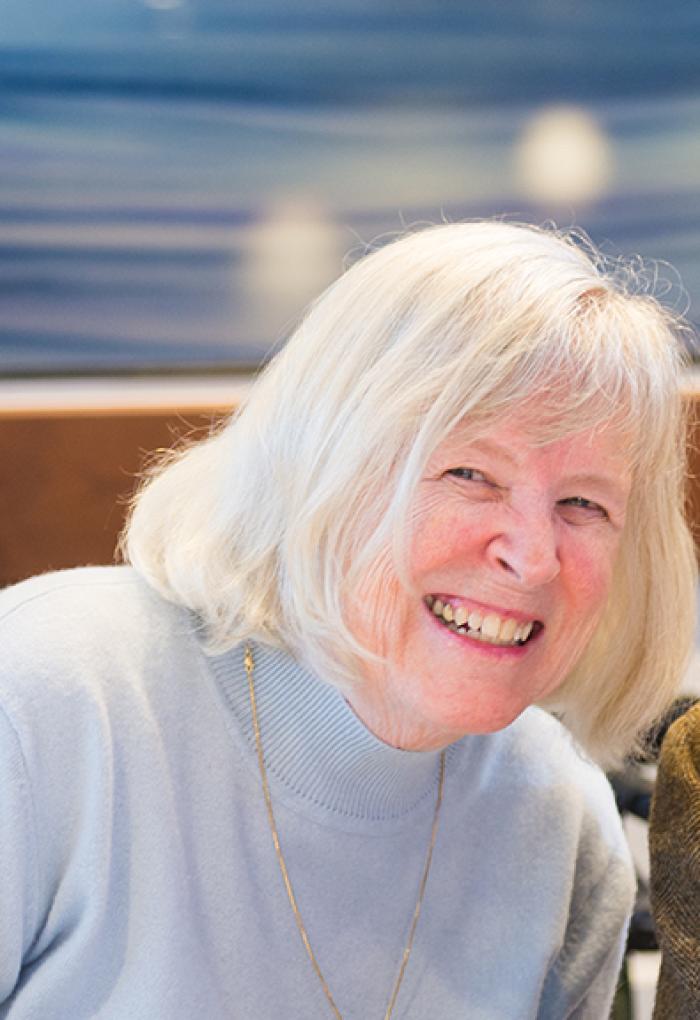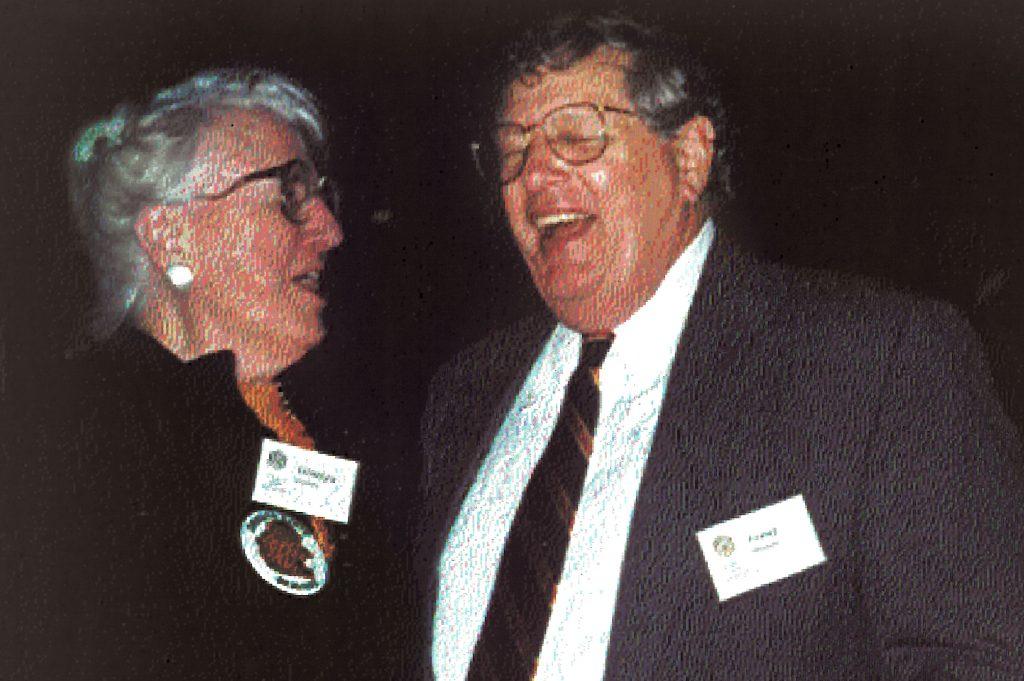In 1986, Horne became Dean of the College of Science at OSU and a professor of chemistry. He was the College’s second longest serving dean with more than 13 years of service and leadership until 2000 when he reached the age of 65, OSU’s retirement age for a dean at the time. Under his tenure, the College of Science comprised its current seven departments as well as the departments of botany and plant pathology, geosciences, atmospheric sciences and science and mathematics education.
A renowned research, scholar, teacher and leader, Horne published more than 40 articles in professional journals. He is one of a few experts in the world who specialized in non-equilibrium thermodynamics, which is a branch of thermodynamics that deals with transport processes and with the rates of chemical reactions.
“To me, research meant discovering things, learning why things work. I thought being at university you shouldn’t teach unless you were interested how things really worked. Not only know facts but to develop facts,” said Horne.
With a deep commitment to student learning, the Hornes created the Fred Horne Award for Excellence in Teaching Science. The award recognizes sustained excellence in teaching science by faculty who demonstrate exceptional instructional qualities with a significant impact on students. To honor the Hornes’ support of women and minority faculty and students, OSU faculty and friends established the Clara Ann & Fred Horne Women in Science Scholarship, which supports an outstanding sophomore or junior woman in the College of Science.
One of Horne’s notable contributions to the College and to the university was hiring about 70 science faculty, most of whom are still at OSU. He hired some of the best scientists and leaders at OSU, including current dean Roy Haggerty, physics professors Janet Tate and Corinne Manogue, chemistry professors Mas Subramanian and Vince Remcho, mathematics professor Tevian Dray,, former Dean of Science Sherman Bloomer, former Dean of the College of Agricultural Sciences Dan Arp, and dozens of others.
His leadership efforts have significantly shaped the College of Science and the university in profound ways that still form a solid foundation for scientific research, teaching and leadership and have impacted the lives of generations of students.
After his National Scholarship to study at Harvard, Horne says the second biggest surprise in his life was learning he would receive the College of Science’s 2018 Lifetime Achievement in Science Award this month.
“I was dumbfounded. It was totally unexpected.” A testament to his strong bonds with former students, two of his graduate students — one traveling from Montana — are attending the Alumni Awards ceremony and dinner on November 15, 2018, where Horne will receive the lifetime achievement award.
Somewhat of an anachronism at the time, Horne had a deep commitment to diversity, equity and inclusion in science. At OSU, he co-established the Science and Math Investigative Learning Experience program (known as SMILE), the American-Indian Science and Engineering Society Chapter, and the Women in Science Scholarship. He also made 15 dual career hires, often offering employment to the women first. “I hired women rather than men deliberately, and I sometimes would hire their husbands,” he added.
When asked what inspired him to support these historically underrepresented populations in science, his response illuminates the kind of person he is.
“I just never could figure out why people of color, or people of a different sex or a different background, why they weren’t treated well. I just never felt anything but respect for other people and that’s been true throughout my life from grade school and high school to college. I think I was a favorite academic advisor of the very bright women because I cared that they got treated well. I wanted to be sure that they got a fair treatment.”
Horne’s strong leadership paved the way for many women hires during his tenure. “That’s the way it was. I had a wonderful group of department chairs. All of them agreed with me that they wanted to hire women and we did. We had the same goals.”
And the quality of the instruction and the research was much better because of this, adds Horne. “The women are terrific scientists on their own.”
“But there’s still not enough women recognized and paid well enough,” remarks Horne. “This year was only the third Nobel Prize in physics or chemistry awarded to a woman. That’s ridiculous. I also think it’s sad that there are not very many notable scientists who are black or Hispanic.”
Horne is a member of the American Association for the Advancement of Science, American Chemical Society, Materials Research Society and a lifetime Sequoyah Fellow of the American Indian Science and Engineering Society. He served on the advisory board for the Association of Women in Science.
When asked to what he attributes his success he says, “I guess it would be my intelligence, my positive attitude and my broad interests in science and history, and by success, I mean, accomplishing something not on defeating someone else but in accomplishing something, always accomplishing. That’s success.”
At 84 years old, Horne exhibits a positive attitude. “I still learn things every day quite deliberately. I’ve always wanted to learn things. I still do and I still want to.”







